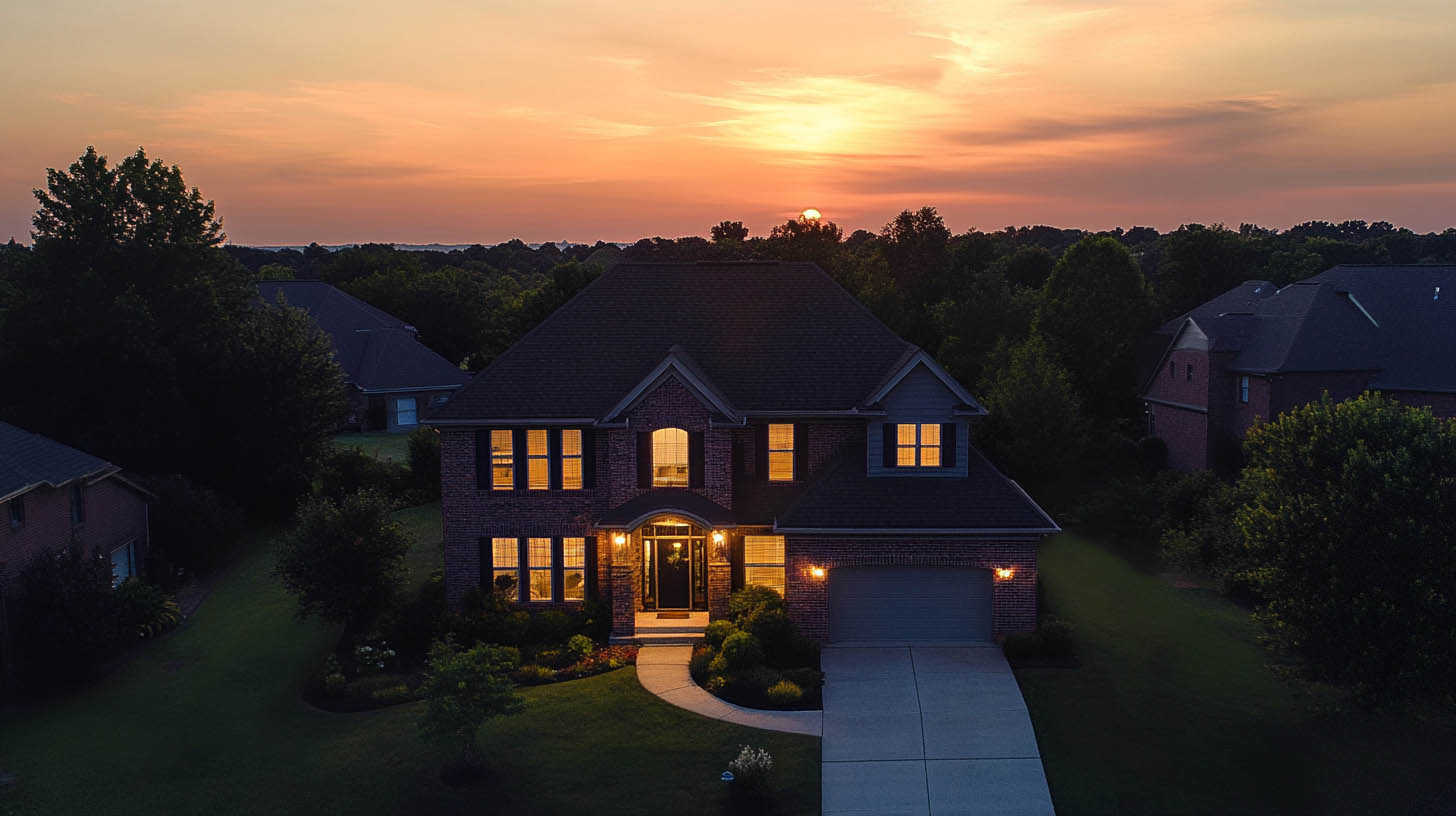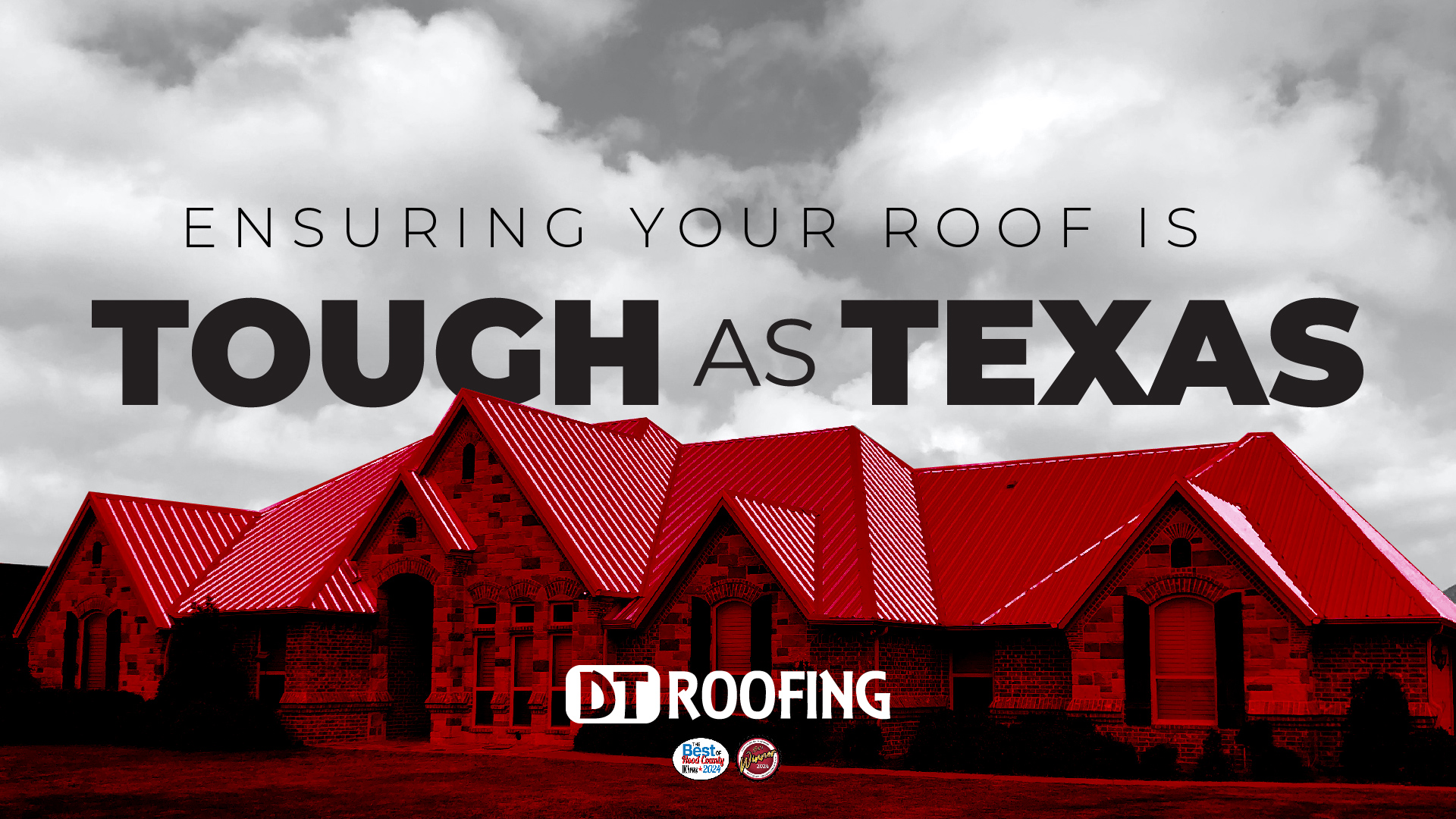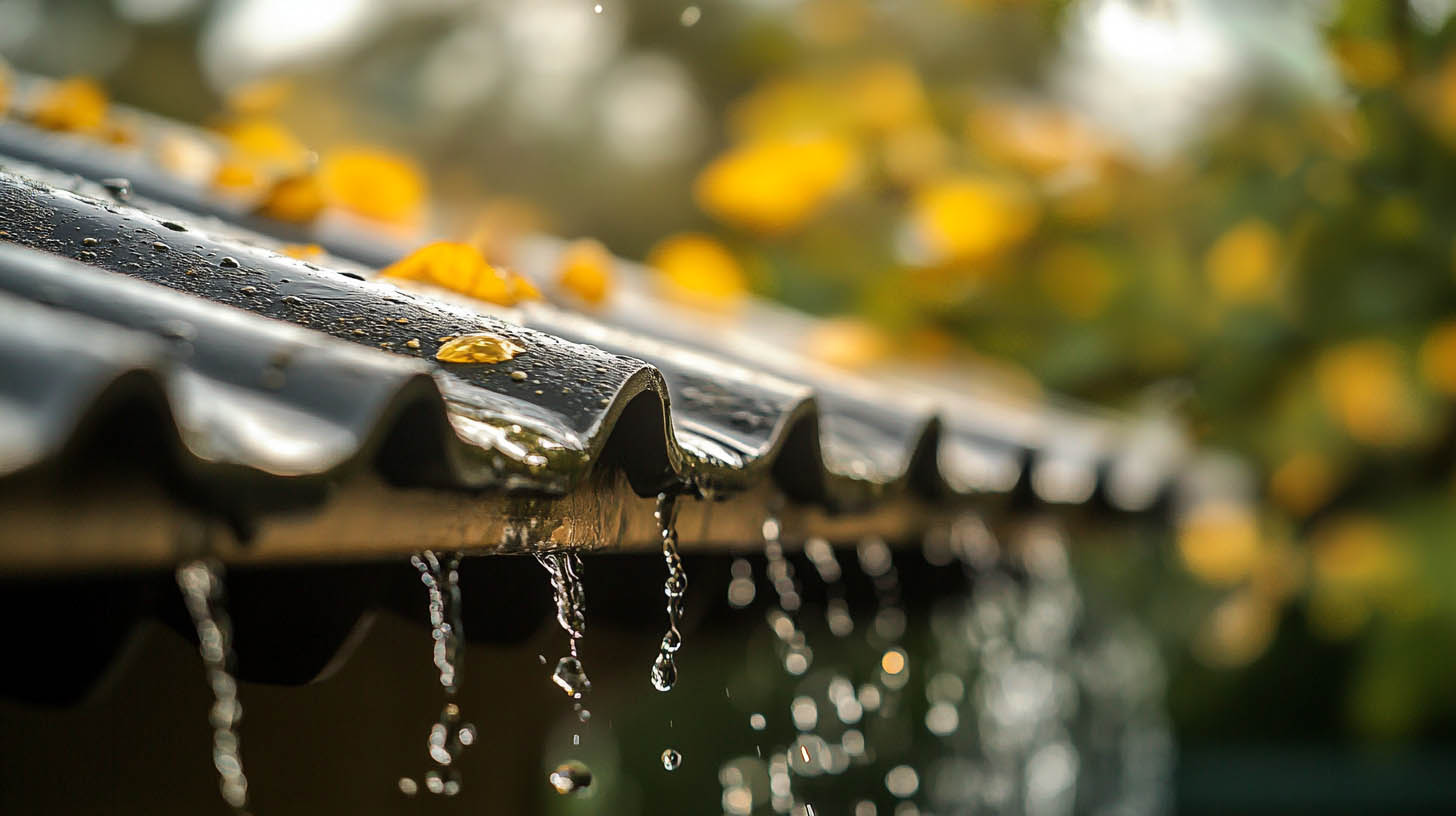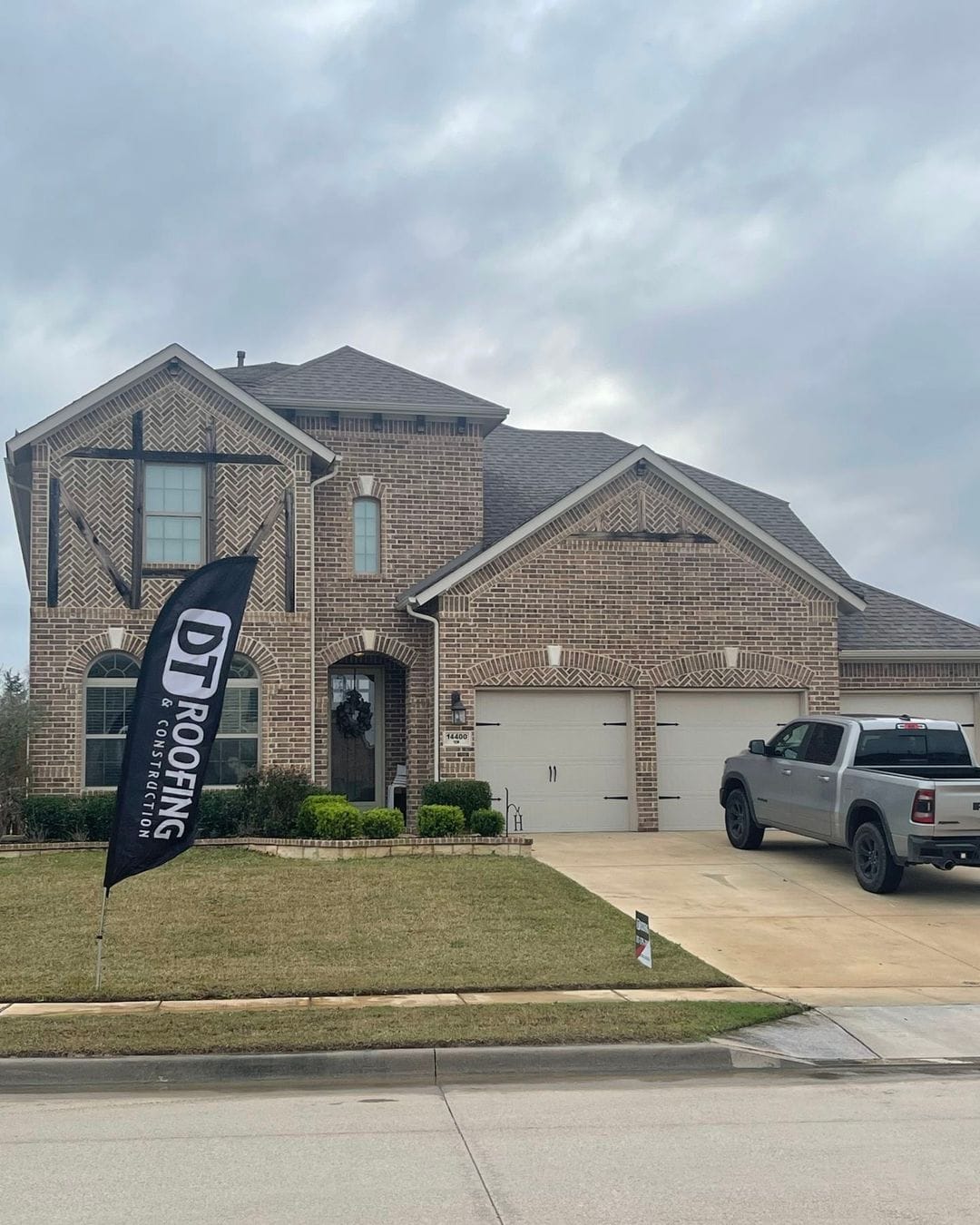
Can Fireworks Actually Harm Your Roof?
In Granbury, TX, fireworks are a beloved tradition—especially around the Fourth of July, New Year’s Eve, and local celebrations. But while the dazzling lights and booming sounds may be entertaining, they can also pose hidden dangers to your home. One question many homeowners don’t consider until it’s too late is: Can fireworks actually harm your roof?
The answer is yes—under the right (or wrong) conditions, fireworks can cause real damage to your roofing system. From scorch marks and embers to full-blown fires, the risk is real, especially in dry Texas summers when roofing materials are already subjected to intense heat. In this blog, we’ll explore how fireworks affect different types of roofing, signs of damage to watch for, and how to protect your home before the celebrations begin.
Fire Hazards from Fireworks
Most roofing systems are designed to be fire-resistant to some degree, but “resistant” doesn’t mean “fireproof.” Embers from fireworks can land on your roof and smolder—particularly dangerous during periods of drought when even a spark can ignite leaves or dry roofing materials.
Homes with wood shake shingles or significant amounts of organic debris in the gutters are especially vulnerable. A single spark that lands in a clogged gutter filled with dry leaves can lead to a fast-moving fire that damages not only the roof but the entire structure.
Even asphalt shingles, which are commonly classified as Class A fire-rated, can suffer thermal damage if hit directly by a firework or subjected to high enough temperatures. The heat can cause the granules on the shingles to wear off or leave behind burn marks, compromising the material’s durability and appearance.
Physical Damage to Roofing Materials
Apart from fire risk, fireworks can also physically damage your roof. Exploding fireworks can hurl debris at high speeds. If a mortar shell or casing lands on your roof, it can:
- Crack or dislodge tiles or shingles
- Dent metal roofs or gutters
- Damage skylights or roof vents
- Tear or puncture membrane roofs on flat systems
These forms of damage may not be immediately visible from the ground, which is why a post-holiday inspection is always a smart idea. At DT Roofing, we recommend a quick, professional roof check after any major event where fireworks were used nearby.
Risk to Gutters and Downspouts
Gutters and downspouts are also at risk during fireworks displays. Falling debris can clog gutters, block water flow, or even melt plastic components if the fireworks land close enough. When drainage is affected, it can lead to water pooling on the roof or foundation issues during the next rainfall.
Keeping your gutters clean and installing metal guards can reduce these risks—but you’ll still want to inspect them after any fireworks activity.
Types of Roofs and How They React
Different roofing materials respond differently to heat and impact:
- Asphalt Shingles: Class A fire-rated but vulnerable to scorching and granule loss.
- Wood Shakes/Shingles: High fire risk unless specially treated.
- Metal Roofing: Fire-resistant but prone to denting from falling debris.
- Clay or Concrete Tile: Heat-resistant but can crack on impact.
- TPO/EPDM Membranes: Common on flat roofs and can melt or blister from heat.
Regardless of material, routine inspections and maintenance are the best way to keep your roof safe year-round.
Safety Tips for Homeowners
To minimize the risk of fireworks-related roof damage:
- Avoid launching fireworks near your home: Keep a safe distance from your property and neighbors.
- Remove roof and gutter debris beforehand: Dry leaves and twigs are fire hazards.
- Use fire-retardant underlayments and shingles: These offer extra protection.
- Keep a hose or fire extinguisher handy: Quick response can prevent extensive damage.
- Educate guests and neighbors: Make safety part of the celebration.
Even if you don’t set off fireworks yourself, nearby neighbors might. Taking proactive steps ensures your home is protected either way.
What to Do If You Suspect Damage
After a night of fireworks, take a few minutes the next day to walk around your home and visually inspect the roof and surrounding areas. Look for:
- Burn marks or discoloration
- Shingles that appear lifted, cracked, or missing
- Debris like spent fireworks or ash
- Damaged gutter sections
- Water leaks in the attic or ceilings
If you spot anything suspicious—or if you want peace of mind—it’s time to call a professional. Our experienced team at DT Roofing can conduct a thorough inspection and make any necessary repairs to ensure your roof continues to perform as it should.
Trust Local Experts for Honest Assessments
At DT Roofing, we know the unique conditions that Texas roofs face year-round. As a Top 100 Roofers recipient and an Owens Corning Platinum Preferred Contractor, we’re committed to protecting Granbury homes from damage—both expected and unexpected.
Whether you need post-firework inspections, emergency repairs, or a complete roofing system built to withstand the elements, our in-house team provides dependable service with honesty and integrity.
Final Thoughts
Fireworks may be fun, but they’re not without risks—especially when it comes to your roof. A little awareness and preparation go a long way in protecting your home and avoiding expensive repairs.
Before the next celebration lights up the Granbury sky, make sure your roof is ready. And when in doubt, let DT Roofing take a look. We’re here to keep your home safe, strong, and celebration-ready.
Read also our blog: Is Your Roof Prepared for the Summer Season?









